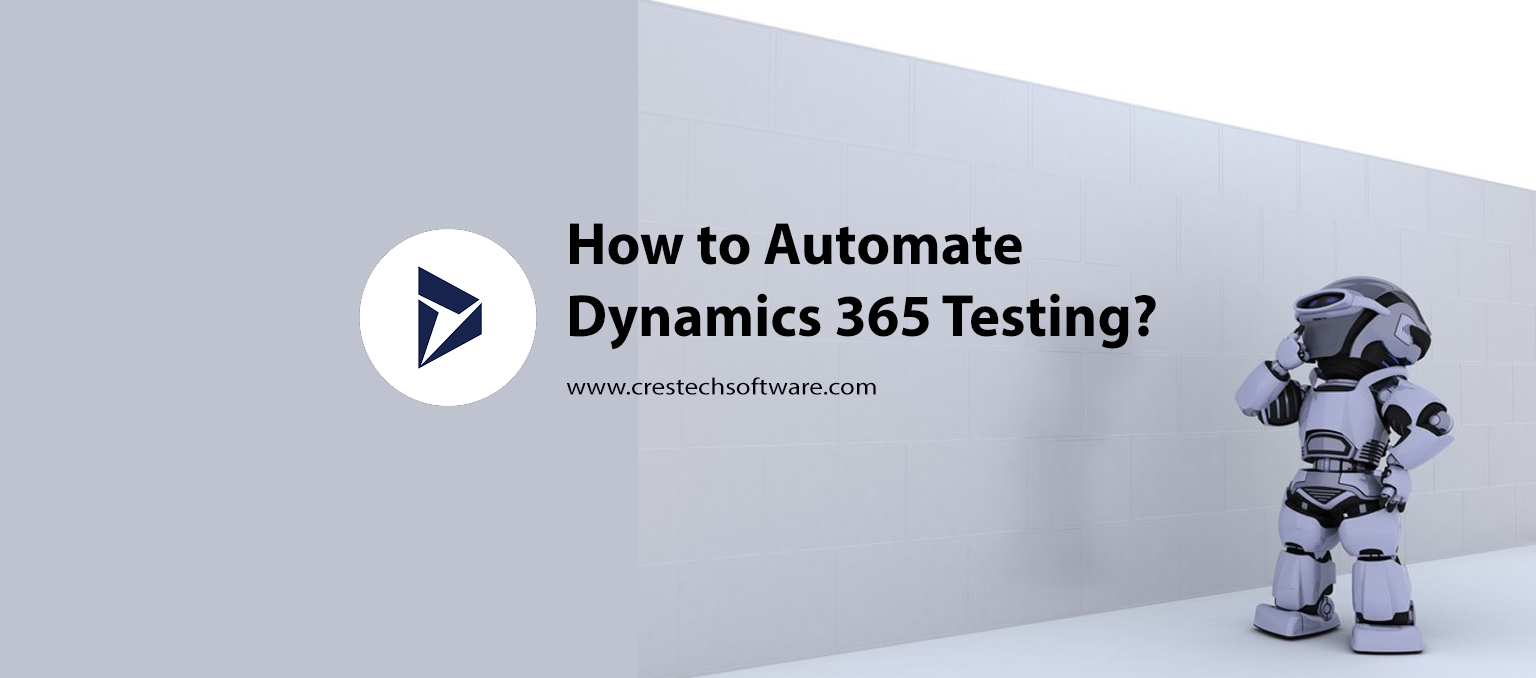Imagine your customer walking into your app with no idea what to eat—and walking out
with an order so on-point, it feels like magic.
That’s not luck. It’s machine learning.
In the ultra-competitive QSR space, where attention spans are short and choices are
overwhelming, recommendation engines have become the digital frontliners of customer
engagement. And behind the scenes, deep learning models are transforming how those
recommendations are made—more nuanced, more contextual, more personalized than
ever before.
What Makes Deep Learning Different?
Unlike traditional machine learning models, deep learning models (especially neural
networks like CNNs, RNNs, and transformers) don’t just respond to preset rules or past
data. They identify hidden patterns, temporal trends, and nonlinear relationships across
massive datasets. For QSRs, that means:
• Recommending a chicken wrap on a rainy Tuesday lunch to someone who usually
orders salads
• Surfacing popular regional menu combos in real time as travelers change cities
• Suggesting limited-time offers or high-margin items based on individual habits and
inventory levels
In short: better personalization = better conversion.
What Deep Learning Enables for QSR Recommenders
Here’s how deep learning sharpens your QSR recommendation engine:
• Contextual Awareness: Models adapt to weather, time of day, and location.
Want to sell iced coffee in Delhi summer afternoons? The model’s already on it.
• Cross-Channel Memory: Users start on the app, check the kiosk, and order on
web—deep models retain intent across channels for a seamless experience.
• Next-Order Prediction: Not just “what they liked before” but “what they’re likely
to want next,” including seasonal preferences and emerging trends.
• Visual & Voice Inputs: Integrate menu item images or spoken queries into the
decision-making process—multimodal learning is here to stay.
Real Impact: The Business ROI
Personalization isn’t just a nice-to-have. It moves the needle.
• 30–50% uplift in average order value when customers receive accurate add-on
suggestions (fries + shake with that burger?).
• Reduced cart abandonment, especially on mobile, due to faster discovery and more
relevant combos.
• Improved upselling of high-margin items without overloading the customer with
irrelevant options.
And as leading QSRs move toward cloud kitchens, mobile-only storefronts, and dynamic
pricing, intelligent recommendation is becoming non-negotiable.
Testing These Models Is Critical (That’s Where We Come In)
All these innovations introduce new layers of complexity for testing:
• How do you validate that a model is not just accurate, but fair and diverse in its
recommendations?
• How do you ensure it works seamlessly across devices and input types?
• How do you guard against performance regressions when models update weekly—
or daily?
At Crestech, we help QSR brands stress-test and fine-tune their deep learning-backed
recommenders, ensuring every user experience—be it on mobile, web, or kiosk—is both
delightful and scalable.


